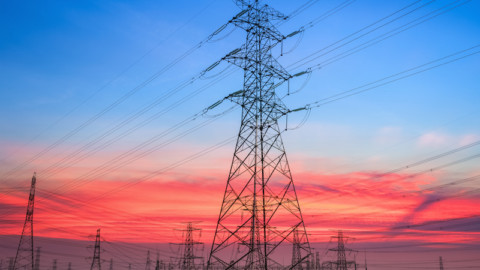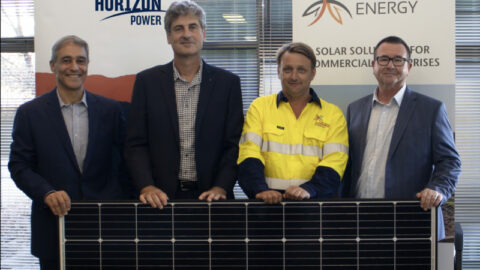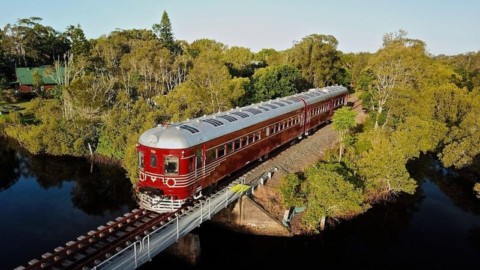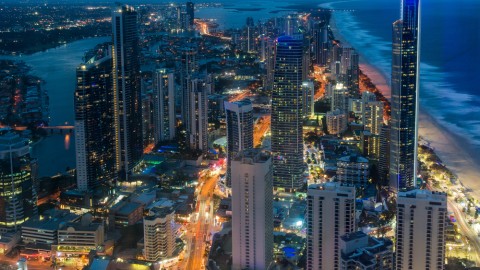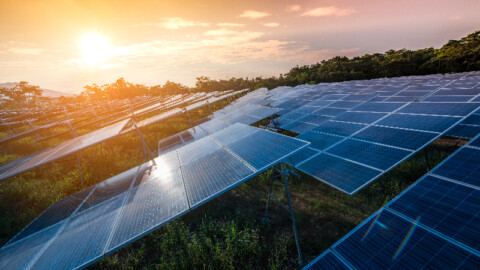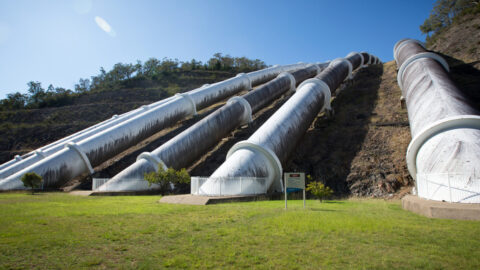APPEA has released its submission to the Federal Government’s consultation paper, Options to ensure the domestic wholesale gas market delivers for Australians, criticising the proposed mandatory code.
In its submission, APPEA says it is a critical time for the sector after the Australian Competition & Consumer Commission (ACCC) recently warned of gas shortfalls from 2027 and recommended new supply to avoid upward pressure on domestic gas and electricity prices.
APPEA says the proposed approach to a mandatory Code of Conduct risks doing the opposite – undermining the case for new investment and creating a supply crunch.
APPEA Chief Executive, Samantha McCulloch, said, “These are the worst possible reforms at the worst possible time for Australia’s cleaner energy future.
“These interventions will reduce investment and ultimately increase the risk of gas shortages and further price increases – the opposite of what the ACCC say is needed.
“As with the introduction of the temporary price cap – when markets froze and investment was spooked – the proposed mandatory Code risks causing maximum disruption with minimal benefit to Australians.”
APPEA has suggested three measures to guide reforms to put downward pressure on prices and avoid supply shortfalls.
APPEA argues that the principles and processes agreed in the voluntary Code endorsed by the Federal Government in September 2022 should form the basis of any mandatory Code, as it was never given a chance to work.
“The voluntary Code – agreed to after two years of good faith consultation involving industry, customers and government, and backed by the ACCC – addresses the key principles and inclusions of the proposed mandatory Code in a workable way,” Ms McCulloch said.
The industry has also recommended that the market be allowed to work given the unintended consequences of permanent price controls.
“Permanently regulating prices can’t factor in the complexities of the market and will only slash competition, distort the market and risk energy security,” Ms McCulloch said.
“This measure would see the government set the price at what they consider ‘reasonable’, with the option to change the rules at any time.”
APPEA suggests a more flexible arbitration process without any binding framework impacting business decisions.
“Sellers and buyers will not make billion-dollar decisions when the economics of their investment may be derailed by the outcome of a future arbitration process that is outside their control and can dictate when, where and how much gas is supplied, and at what price,” Ms McCulloch said.
Ms McCulloch also said the sector understood the challenges faced by businesses and consumers due to energy system pressures and was committed to delivering competitively-priced gas.
Ms McCulloch notes recent economic studies that had found intervention and price controls would drive up prices in the long-term after investment in new supply diminished.
“ACIL Allen found wholesale gas prices could rise by 40 per cent while households could face rises of up to $175 annually because investment in new supply reduced.
“APPEA and its members remain committed to working with government to find an effective, workable, and sustainable way forward that ensures sufficient supply and puts downward pressure on prices.”



